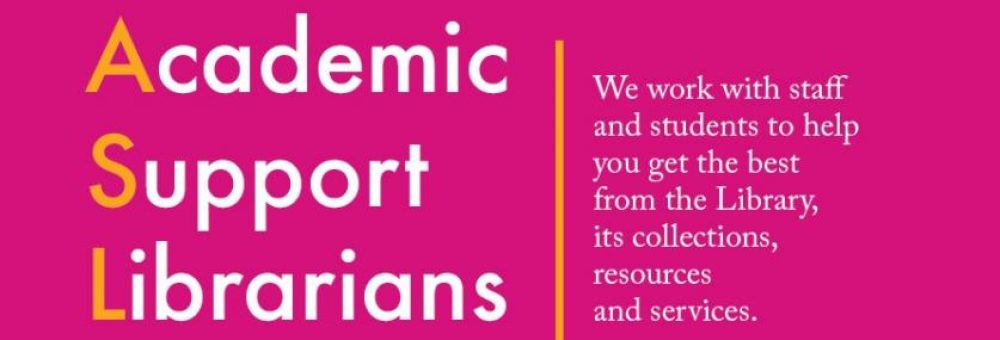Welcome back to all staff and students! This blog has been a bit quiet of late due to high workload and some understaffing in our team, but we wanted to start off the new year with some good news and thought we’d alert everyone to some of the excellent e-resource trials we have going on!
Did you know?
Before the library subscribes to a new database we often arrange for a trial free of charge and link them on the E-Resources Trials page. We then ask anyone who’s tested the resource out to fill in a short feedback form to let us know their thoughts so we can decide how useful it will be for our users. Some of the trials we have ongoing at the moment are listed below.

Image by deepakrit on Pixabay
Radical Irish Newspaper Archives
Radical Irish Newspaper Archives is an extraordinary collection of over 115 Irish radical and political newspapers, journals, pamphlets and bulletins. Fully searchable and consisting of more than 11,000 editions with a total page count of 102,755 these newspapers, according to Dr Ciarán Reilly of Maynooth University, ‘hold the key to understanding Ireland in the turbulent decades of the early twentieth century’. Spanning one of the most important periods in Irish history, from the Home Rule debates of the 1880s to Ireland on the eve of the Second World War, these somewhat obscure titles provide an insight into a myriad of opinions on Irish life.
Trial access until: 08/01/2023 (so have a look this weekend!)
SAGE Research Methods: Doing Research Online
This new multimedia collection has been designed to support novice or experienced social science researchers who are conducting research online. Whether conducting their first or their hundredth study online, users will find support to employ a variety of digital methods from online surveys, interviews to digital ethnography, social media, and text analysis, as well as learn how to manage, store and archive digital data. Privacy and other ethical considerations specific to conducting research online are also covered. Researchers will also get support with how to navigate the challenges of being supervised online.
Content & Features:
- ‘How to Guides’ (providing practical help with using digital research methods);
- Videos (tutorials, expert interviews, video case studies, etc.);
- Case studies (focused on challenges of designing and conducting research online);
- Teaching sets of data with a guide (suggesting a method to analyze both digitally created and existing online data, plus a step-by-step guide to how to do it so that students can practice data analysis);
Trial access until: 26/02/2023.
Archives of Sexuality and Gender: International Perspectives on LGBTQ Activism and Culture
Archives of Sexuality and Gender: International Perspectives on LGBTQ Activism and Culture examines diversity in underrepresented areas of the world such as southern Africa and Australia, highlighting cultural and social histories, struggles for rights and freedoms, explorations of sexuality, and organizations and key figures in LGBTQ history. It insures LGBTQ stories and experiences are preserved. Among many diverse and historical 20th century collections, materials include: the Papers of Simon Nkoli, a prominent South African anti-apartheid, gay and lesbian rights, and HIV/AIDS activist; Exit newspaper (formerly Link/Skakel), South Africa’s longest running monthly LGBTQ publication; Geographic Files, also known as “Lesbians in…” with coverage from Albania to Zimbabwe; and the largest available collection of digitized Australian LGBTQ periodicals.
NB The Library has purchased access to three other modules of the Archives of Sexuality and Gender database – these can be found on the A databases page.
Trial access until: 12/07/2023.
We actually have TWELVE trials currently running at the moment. You can find out more on the E-Resources Trials page of the library website, where we have links and descriptions for all items as well as a link to the feedback form (login required).
If there’s a resource you’d like us to get a quote and trial for, please let us know by contacting the relevant librarian for your subject area.
